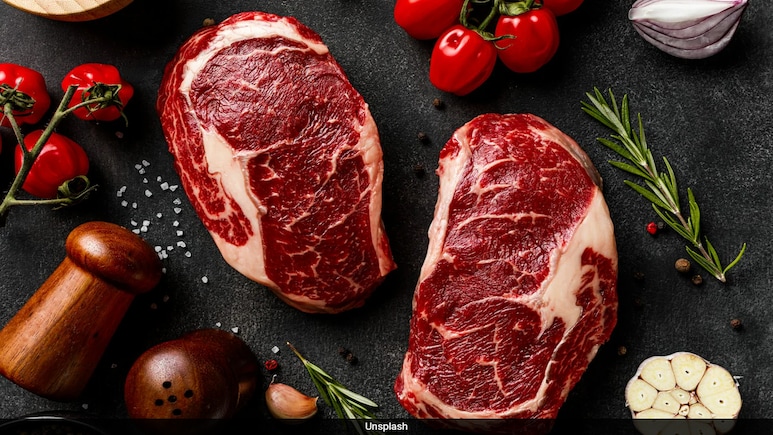
Red meat, a staple in many diets, is now linked to a rare but serious allergy called Alpha-gal Syndrome. This condition, triggered by a tick bite, causes severe reactions to meat and dairy consumption, including itching and stomach pain. Often mistaken for food poisoning, Alpha-gal Syndrome is a growing concern worldwide. As awareness is low, many cases may go undiagnosed. Experts warn that understanding this allergy is crucial for proper diagnosis and treatment. If you're experiencing unusual symptoms after eating meat or dairy, consult a healthcare professional to determine if Alpha-gal Syndrome is the cause.
What is alpha-gal syndrome?
Alpha-gal syndrome isn't your typical food allergy. It's caused by a sugar molecule called galactose-alpha-1,3-galactose, or alpha-gal, found in the meat and tissues of mammals like cows, pigs, and deer. After a bite from a tick, especially the lone star tick (Amblyomma americanum) or deer tick, your immune system can become sensitised to this molecule. Months later, eating red meat or even dairy products can trigger a severe allergic reaction: hives, nausea, abdominal pain, or even life-threatening anaphylaxis.
Nearly 450,000 people may be affected in the US alone:
According to the Centres for Disease Control and Prevention (CDC), as many as 450,000 people may be affected. More data and research are needed to understand how many people are affected by this condition.
Once believed to be limited to the southeastern US, the condition is now spreading globally as tick populations thrive and expand.
According to the Serbian news magazine Vreme, the first case of alpha-gal syndrome has been confirmed in Serbia.
Worryingly, many doctors still aren't familiar with alpha-gal syndrome, making diagnosis difficult and delayed.
The reaction isn't immediate either. Symptoms typically begin two to six hours after eating a triggering food, making it even harder to trace the cause. Patients often suffer for months without answers. And each tick bite risks intensifying the allergy.
There's no cure yet. Avoiding red meat, dairy, and hidden animal-derived ingredients is essential - along with avoiding further tick bites. For some, the condition may fade over time with strict diet control.
Scientists are still working to fully understand the disease's mechanics and why only some people react this way. Until then, staying informed and protecting yourself from ticks may be the best defence.
Track Latest News Live on NDTV.com and get news updates from India and around the world

